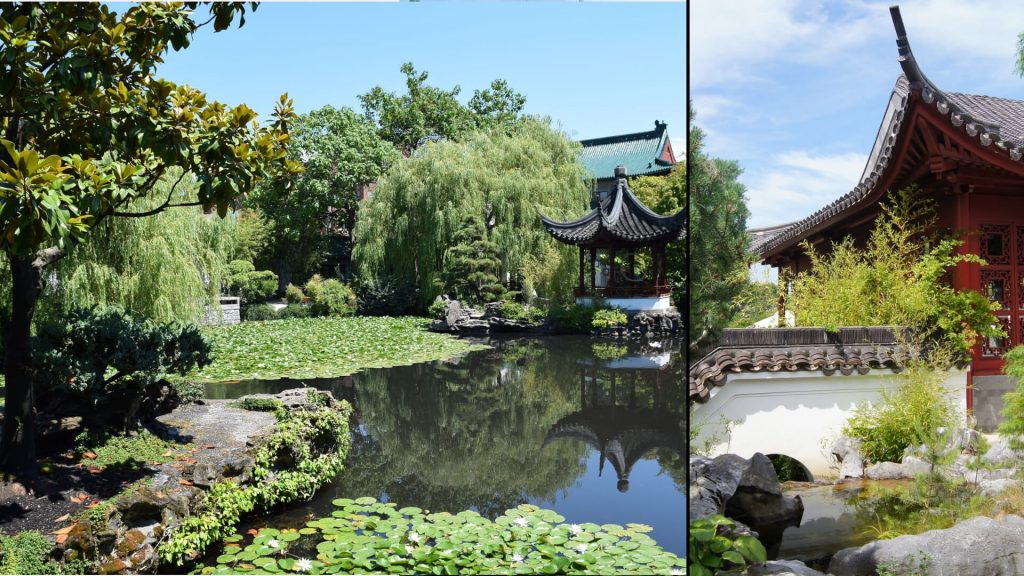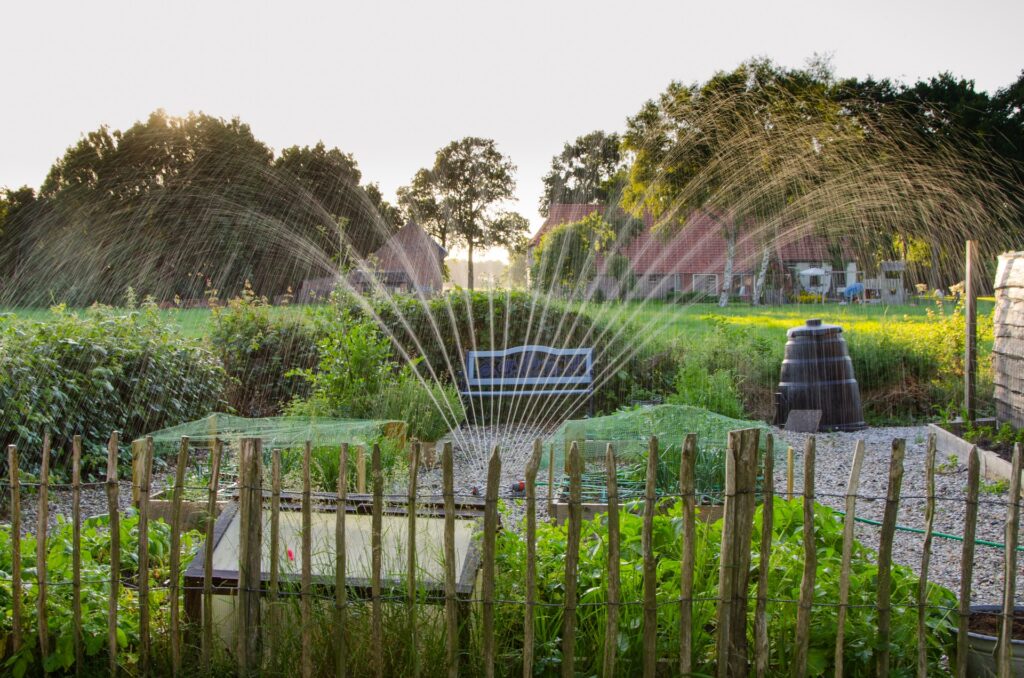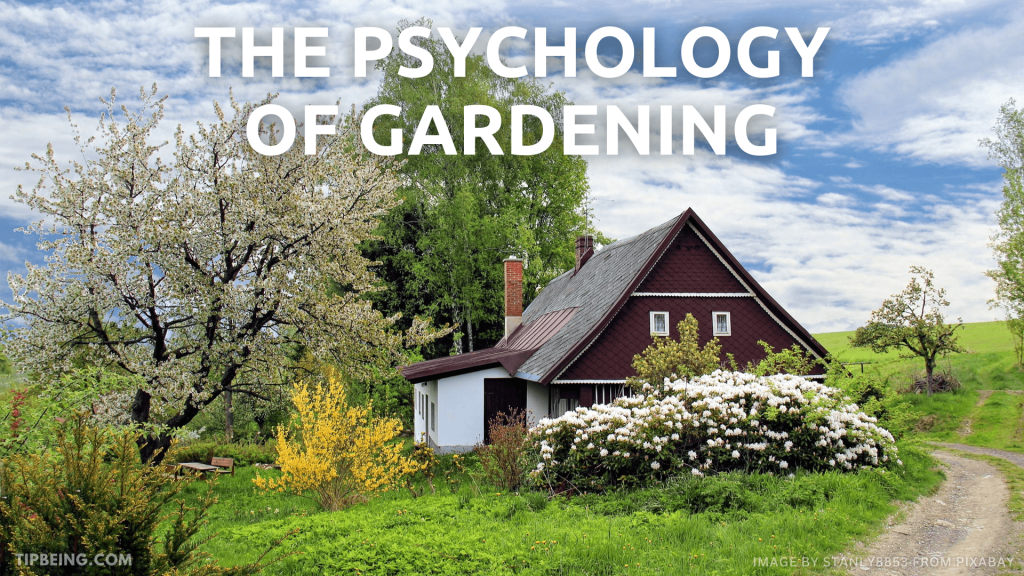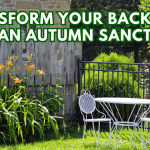Welcome to the magical world of gardening, where the simple act of tending to plants can have a profound impact on your mood. Have you ever wondered why a stroll through a garden or caring for your potted plants makes you feel so good? We’re about to dig deep into the psychology of gardening and unravel the secrets behind the joy it brings.
The Psychology of Gardening
Historical Perspective
Gardening for emotional well-being isn’t a modern fad; it’s deeply rooted in history. From ancient therapeutic practices to the evolution of gardening as a means of emotional release, cultures worldwide have recognized the healing power of nature. It’s like an ancient dance between humanity and the earth, with each step leaving imprints on our mental well-being.
Scientific Basis
But why does gardening have such a profound effect on our mood? It’s not just a whimsical notion; science has its say. When you get your hands in the soil, you’re not just planting seeds; you’re sowing the seeds of happiness. Neurologically, gardening triggers the release of endorphins and serotonin, the feel-good chemicals in our brain. It’s like a natural antidepressant without the prescription.
Therapeutic Gardening Techniques
Mindful planting and care become a form of meditation, a moment to escape the hustle and bustle of daily life. And let’s not forget the sensory symphony – the aromatherapy of blooming flowers, the texture of soil between your fingers, and the visual feast of vibrant colors. It’s a sensory playground for your mood, and the plants are the conductors of this harmonious orchestra.

Gardening as Stress Relief
Life can be stressful, but your garden doesn’t have to be. Gardening helps regulate cortisol, the stress hormone, promoting a tranquil state of mind. Creating a serene garden space is like crafting your oasis of calm amidst life’s storms. It’s not just about growing plants; it’s about cultivating peace.
Community Gardens and Social Well-being
Now, let’s talk community. Gardening isn’t just a solo act; it’s a group therapy session without the couch. Engaging in communal gardening activities fosters social bonding and support. It’s like a potluck of positive energy, where everyone contributes to the collective well-being.
Personal Stories and Testimonials
But don’t just take my word for it. Listen to the stories of individuals whose lives have been transformed by gardening. From overcoming personal challenges to finding solace in the midst of chaos, these narratives are the living proof that a garden isn’t just a collection of plants – it’s a sanctuary for the soul.

Tips for Starting a Therapeutic Garden
Ready to dip your toes into the world of therapeutic gardening? Choosing the right plants, designing a space for mental well-being, and practical tips for beginners – we’ve got your back. It’s like planting the seeds of a happier, healthier you.
Challenges and Solutions
Of course, every garden has its weeds, but that’s part of the journey. Overcoming barriers, adapting gardening for different abilities, and addressing seasonal challenges – it’s like navigating the twists and turns of a captivating novel. The plot thickens, but the rewards are worth the effort.
Conclusion
As we conclude our journey into the psychology of gardening, remember this: your garden is more than just a plot of land with plants. It’s a living, breathing therapist that listens without judgement, heals without words, and nurtures your soul. So, grab a trowel, get your hands dirty, and let the symphony of nature elevate your mood. The garden is calling – are you ready to answer?
🌿








